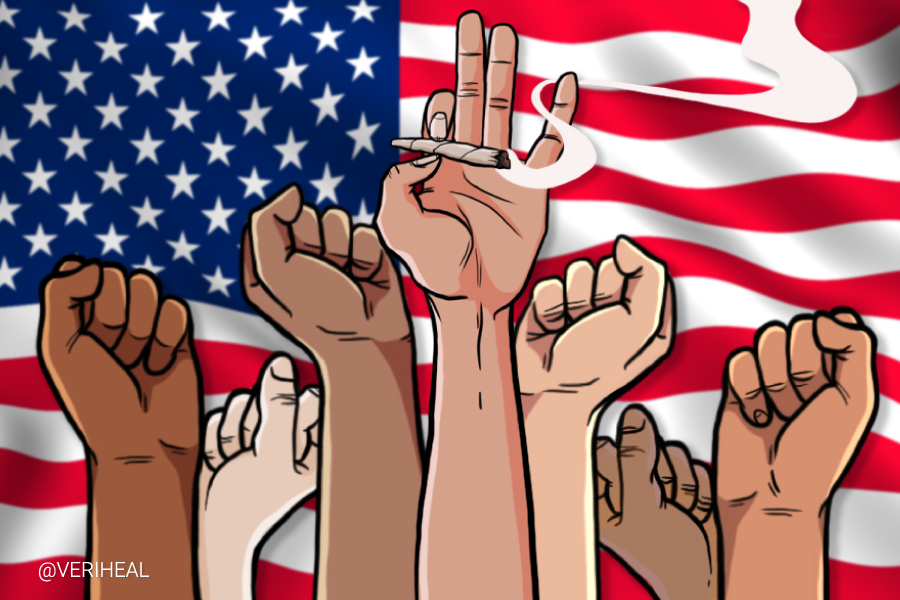“Civil rights” and “civil liberties” are terms that are often used synonymously and interchangeably, but the terms are actually distinctly different. Civil liberties are freedoms guaranteed to us by the Constitution to protect us from tyranny – think freedom of speech. While civil rights are actually the legal rights that protect individuals from discrimination like employment or housing discrimination. In general, a conversation using these terms synonymously may not cause any issue, however, if we want to discuss the actual governmental effect of the terms we have to look deeper.
Civil liberties concern the actual basic freedoms, while civil rights concern the treatment of an individual regarding certain rights. Unlike civil liberties, where the government grants broad-based rights to individuals – civil rights are not only granted by the government but also include a protective aspect of those rights based on certain characteristics.
One way to consider the difference between civil rights and civil liberties is to look at 1) what right is affected, and 2) whose right is affected.
It’s My Right to be High if I Want
So in the instance of cannabis and the right to be high, we should first recognize that the actual civil liberty would be the right to ingest mind-altering substances at our own risk and the equivalent civil right would include non-discrimination protections based on one’s personal choice to ingest mind-altering substances.
Why You Should Get Your Medical Marijuana Card
Veriheal has satisfied millions of patients nationwide by giving them access to these benefits
- Larger purchase limits
- Peace of mind
- Enhanced legal protection
- Access to higher potency strains
- Save up to 25% on cannabis purchases
- Skip the line at the dispensary
When Do Civil Liberty and Rights Overlap?
I personally think that people should have the right to make their own decision to legally ingest substances of any kind so long as it does not put others at risk. This is the dicey part of this topic – when does one’s right to be inebriated or intoxicated threaten another’s right to be safe in public or private.
The details of when, how, and to what degree any public intoxication becomes a safety hazard for bystanders would clearly need to be defined, potentially similar to those involving alcohol and prescription pharmaceuticals now.
Mainstream Personalities Using Their Platforms to be Heard
In a recent interview with Leafly, travel legend Mike Steves – a mild-mannered TV personality who has lent his mainstream credibility to legalization efforts for two decades as a self-professed soldier for NORML and of the Marijuana Policy Project Leafly, stated “I just feel very strongly that smoking marijuana responsibly as an adult is civil liberty….If I worked hard all day long and want to go home and stare at the fireplace for three hours, that’s my civil liberty.” Discussing the rise in cannabis consumption, Steves continues to say “I think right now our country is at a point where there’s this rising tide of sensibility and there’s no way to turn it back.”
As more credible well-known personalities speak out about the normalization of cannabis use, the opportunity for it to be recognized more broadly may not be such an outlandish concept. Whether we will ever see a cannabis user’s bill of rights in the book of records is another topic but for now, just having the discussion is considered progress.
Author, Share & Comments








